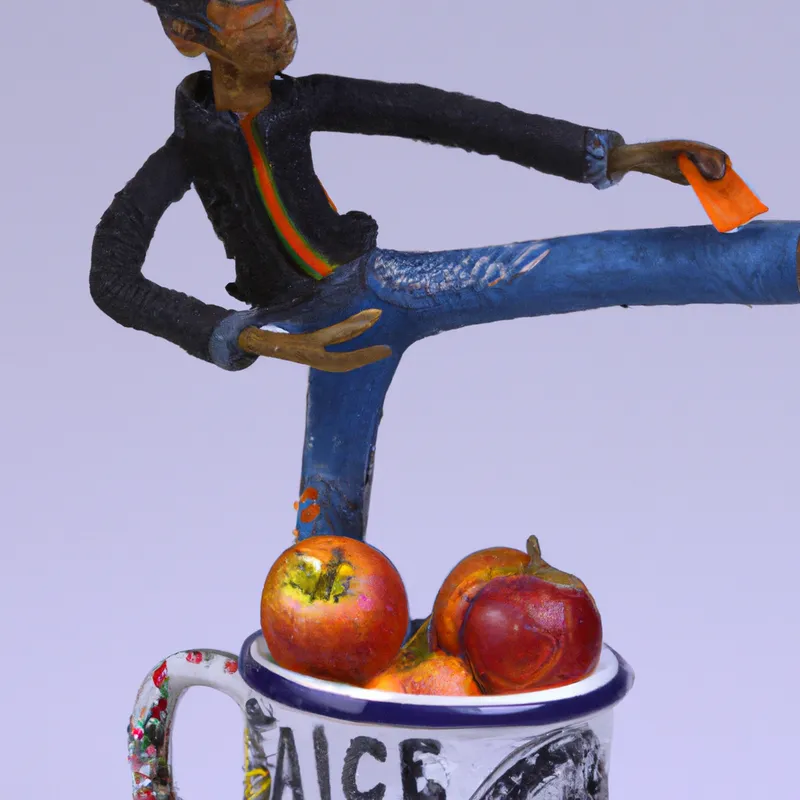Elevate Your Moves with Smart Nutrition Choices
The Interplay Between Dance and Sports Nutrition
Dance and sports nutrition connect through energy consumption. Both fields stress proper fueling for peak performance. Understanding this connection enhances dancers’ abilities and helps them achieve artistic and athletic goals. This article explores dancers’ unique nutritional needs, diet optimization tips, hydration importance, and nutrition’s broader benefits.
Understanding Nutritional Needs
Dancers require specific nutrition due to their physical demands. They perform high-energy routines that need agility, endurance, and strength. A well-rounded diet sustains their performance levels.
Carbohydrates: The Primary Fuel Source
Dancers should base their diets on carbohydrates. These provide the body’s primary energy source during intense activities. Dancers must prioritize complex carbohydrates for sustained energy. Whole grains, fruits, and vegetables serve as excellent nutrient sources. Foods like brown rice, quinoa, oats, bananas, and leafy greens help maintain energy levels during practice and performances.
Protein: Building and Repairing Muscles
While carbohydrates fuel energy, proteins support muscle maintenance and recovery. Dancers need to sustain muscle mass and repair stressed tissues. Their diets should include lean meats, fish, eggs, dairy, beans, and plant-based proteins. Eating protein-rich snacks post-practice aids muscle recovery and helps dancers recover after intense workouts.
Fats: Essential for Overall Health
Fats often get overlooked, but they remain crucial for dancers. Healthy fats from nuts, seeds, avocados, and olive oil provide concentrated energy and support overall health. They aid nutrient absorption and hormone regulation. Including healthy fats in a dancer’s diet contributes to sustained energy and improved performance.
Vitamins and Minerals: The Unsung Heroes
Vitamins and minerals play vital roles in a dancer’s diet. These micronutrients support immunity, energy production, and bone strength. Dancers should eat various fruits and vegetables for sufficient vitamins and minerals. Foods rich in calcium, iron, and magnesium benefit dancers by supporting muscle contractions and bone health.
Hydration Matters
Dancers must stay hydrated because water regulates body temperature and maintains performance. Dehydration causes fatigue, decreased coordination, and injuries. Dancers should drink water before, during, and after practice to ensure proper hydration.
The Role of Electrolytes
For long sessions, sports drinks can help. They replace electrolytes lost through sweat, crucial for dancers performing in hot environments.
Conclusion
Proper nutrition significantly impacts dancers’ performance and recovery. Focusing on balanced diets, hydration, and nutrient intake enhances their abilities and overall health.
Below are related products based on this post:
FAQ
What are the primary nutritional needs of dancers?
Dancers require a well-rounded diet that emphasizes carbohydrates for energy, proteins for muscle maintenance and repair, and healthy fats for overall health. Additionally, they need vitamins and minerals to support immunity, energy production, and bone strength.
How important is hydration for dancers?
Hydration is crucial for dancers as it regulates body temperature and maintains performance levels. Dehydration can lead to fatigue, decreased coordination, and increased risk of injuries, so it’s important for dancers to drink water before, during, and after practice.
What role do electrolytes play in a dancer’s nutrition?
Electrolytes are important for dancers, especially during long practice sessions or performances in hot environments. Sports drinks can help replenish electrolytes lost through sweat, which is vital for maintaining performance and preventing dehydration.















Post Comment